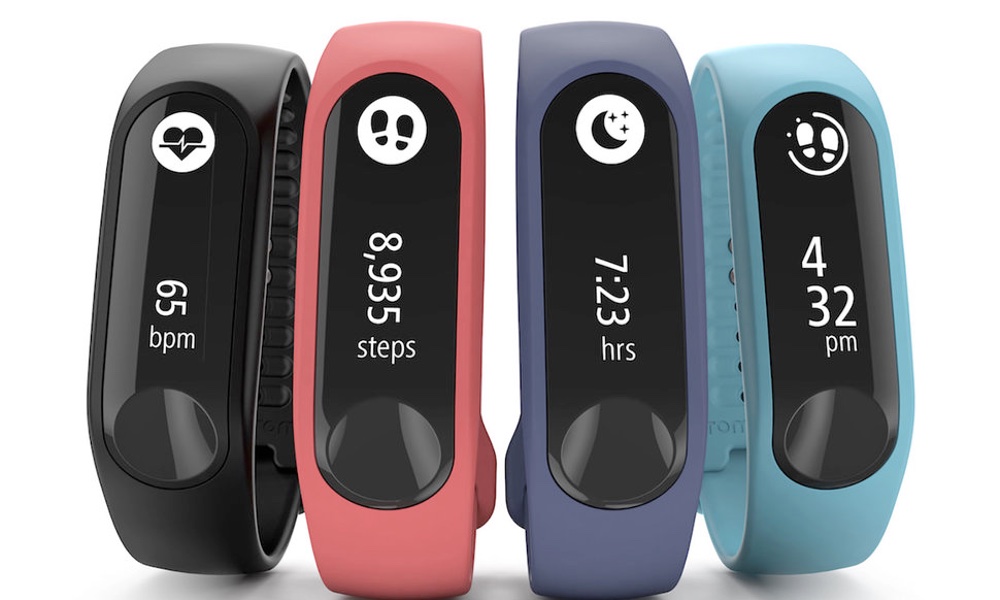If you’ve been thinking of buying a Fitbit or other activity tracker, or if you were given one over the holidays, you may be glad to know that they actually can help you exercise more — of course, you have to take them out of the box first.
Having a concrete count of how many steps you’ve taken, what your heart rate is and other physical benchmarks can motivate exercisers and inspire a little more effort, but actual studies of the effectiveness of fitness trackers have not been in agreement on this.
To get a clearer picture, researchers in Denmark decided to search databases for trials that compared the activity levels of adults who received feedback from physical activity trackers with those of adults who received no feedback as part of a non-intervention control condition.Tracker-wearers exercised about 50 more minutes each week and moved about 1200 more steps a day compared to people who received no feedback on their activity levels.
The effects were moderate, but could easily add up over the long haul — tracker-wearers spent about 50 extra minutes of moderate to vigorous exercise a week and moved about 1200 more steps a day — compared to adults who did not receive feedback about their activity levels.
This was first systematic review to summarize the entire body of evidence across different patient populations and different types of physical activity monitors, and the researchers believe, it “provides evidence for using physical activity monitors for enhancing physical activity and moderate to vigorous physical activity.”
The study is published in The BMJ.





